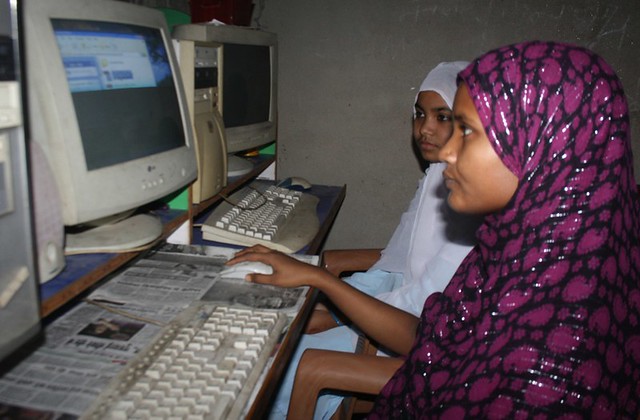Although the number of students studying are only 6 to 7 %, efforts should be made to streamline the system. The government should step a regulatory board compromising scholars and educationist that will form a common syllabi to be followed but also include more contemporary subjects.
By Dr Kouser Fathima
The decision of Maharashtra government to de-recognise madrassas as non-schools if contemporary subjects are not taught, has got everyone thinking. Channels have started debates focusing on both the pros and cons.
Many welcome the decision as this will bring about a change in restructuring the system and many are looking at the decision with caution. Some project madrassas as alternative education system while for others, the madrassas are synonymous with radicalization, but in reality both are incorrect.
Madrassas provide Quranic & Islamic studies, most of them are residential, catering to children from poor families. Due to changing times, many madrassas have started including subjects such as maths, science and even computers but still lag when compared to other conventional schools.
There are many students from madrassas, who have pursued higher studies and excelled in various fields. At the same time, there are many who, on leaving the madrassas, find it difficult to accommodate in real world.
On the contrary, others project madrassas as regressive and even worst, homes for radicalisation. Madrassas may not be producing doctors, engineers or scientists but to portray that madrassas are hotbeds for radicalization, especially in India, is unfair and (an) extreme reaction. This is happening due to the reports from neighbouring countries and media coverage that most extremist are madrassa-trained.
Madrassas in India are mostly run by charities. Some are given government grants. Madrassas usually have a committee which monitors the administration, funding and topics covered. The committees usually have religious scholars, educationist and prominent members of the community. The madrassas in India don’t follow the strict salafi school and hence are tolerant and non-extreme.
Although the number of students studying are only 6 to 7 %, efforts should be made to streamline the system. The government should step a regulatory board compromising scholars and educationist that will form a common syllabi to be followed but also include more contemporary subjects. Vocational, technical and computer courses should be included as part of the curriculum.
Alternatively, mainstream schools and colleges should start conducting Islamic courses as both part time and full time. Weekend and summer courses be started by the madrassas that will make religious studies accessible to students enrolled in mainstream schools.
The poor should not go to madrassas as a last resort but rather madrassas should develop as an alternative education system providing both knowledge and employment. After all, for the poor economic empowerment is vital.
The model followed by Christian theology schools should be modified to suit the Muslims. Students coming out of these institutes are not only trained as priests but are very well trained to integrate into the society. They are highly knowledgeable about politics and current affairs. If they can do it, why not us? The community should play a more active role, only then change can be seen.
Our aim should be to provide education to all the students that is inclusive of contemporary studies with traditional touch.
(Dr Kouser Fathima is a Bengaluru based writer. She can be reached at [email protected]).

